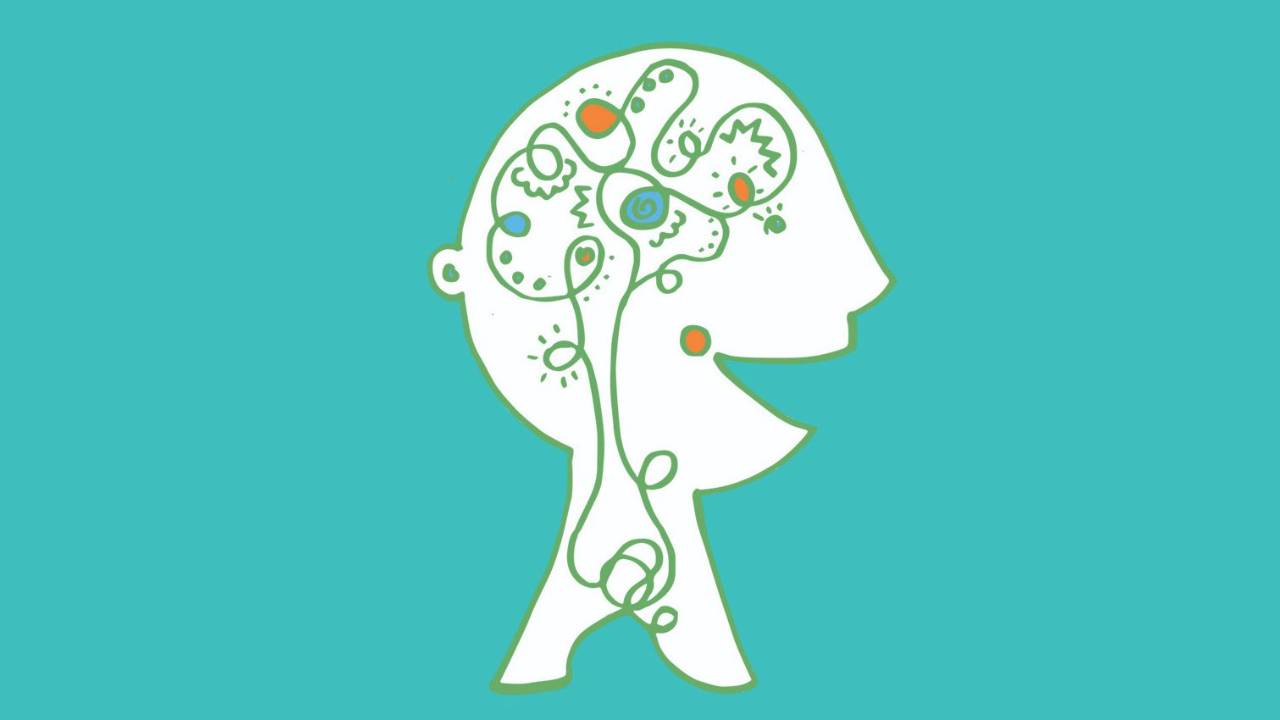Learning to Read while Reading to Learn: The Challenges of Closing Reading Gaps in Adolescence
Jun 08, 2022
Kate Shade, Ph.D.
When I was a first-year teacher, I had a seventh-grade student whom I’ll call “Kaden.” All of my students had been placed in a recuperative reading class, but I could tell that Kaden was different from the others. He kept his posture hunched, his hood pulled low over his forehead, and his gaze averted. He looked like he wanted to disappear into himself. Kaden responded to direct questions with reluctant monosyllables. When asked to read or write, he politely but persistently declined. After a couple of days, I kept Kaden after class and asked him about his reading and writing. He wouldn’t meet my eyes, and wouldn’t talk. I gave him a pencil and asked him if he could write the alphabet: he silently shook his head, his cheeks burning.
I assumed that Kaden was profoundly dyslexic. I also assumed that he might have an intellectual disability. Surely, I thought, no matter how terrible his earlier schools, no child could get to this age without learning the alphabet unless he were severely impaired. I was wrong on all counts. In Kaden’s case, his reading impairment resulted purely from a lack of appropriate instruction. Once I began to teach him in a way he could learn he took off, reading middle-grade chapter books by June. Kaden’s progress in literacy was a beautiful thing to witness, but what was even more beautiful was the effect his new literacy had on the rest of his life. By spring, Kaden was no longer a hunching, cringing figure in the corner of the classroom. He was self-assured and happy, strutting around the school with his head up and his chest out, showing off his new haircut, a baby goatee, and flashy clothes. He’d greet you in the hallway with a nod, a wink, and a “Heyyy….” When the school dance rolled around more than one student had their heart broken because Kaden could only take one date.
I always think of Kaden when I think of the challenges that face struggling middle school readers, and the teachers charged with helping them. Though Kaden’s case was extreme and somewhat unusual, it illustrates how without proper intervention, an isolated reading problem in the early grades can metastasize in the upper grades into broad curricular failure, poor self-concept, anxiety or depression, and social isolation. What once was “just” a reading problem becomes a life problem.
Of course, all teachers want to prevent this downward spiral. However, the task of teaching reading to struggling adolescents is more complicated than it is for younger children. By middle school, written language is the medium of instruction more than it is the object of instruction, and students have more they need to learn and accomplish within a limited number of school hours. Middle and high school teachers are often unsure how to remediate reading difficulties, especially when they are also charged with keeping up with a challenging curriculum, and meeting all the common core standards.
In order to meet the needs of their reading-disabled students while also staying on track with the curriculum, teachers of adolescent students need to learn special skills such as:
- How to quickly and reliably flag students in need of support
- How to target support efficiently and effectively within a Tier 1 or 2 setting
- Routines and activities that target deficits in decoding, fluency, and comprehension that are easy to learn, and appropriate for an adolescent classroom
- When to refer students for more intensive intervention
While the task can seem daunting, middle and high school teachers with no prior experience teaching reading can and do become adept at supporting basic literacy skills while promoting higher-order thinking, and teaching the challenging regular curriculum. Learning these instructional skills takes an up-front investment of time and practice, but the reward is lasting and immeasurable for students who, like Kaden, need basic literacy skills to realize their potential as learners and as human beings.
Join us for our Graduate Level course on adolescent literacy in July 2022.
Stay connected with news and updates!
Join our mailing list to receive the latest news and updates from our team.
Don't worry, your information will not be shared.
We hate SPAM. We will never sell your information, for any reason.

